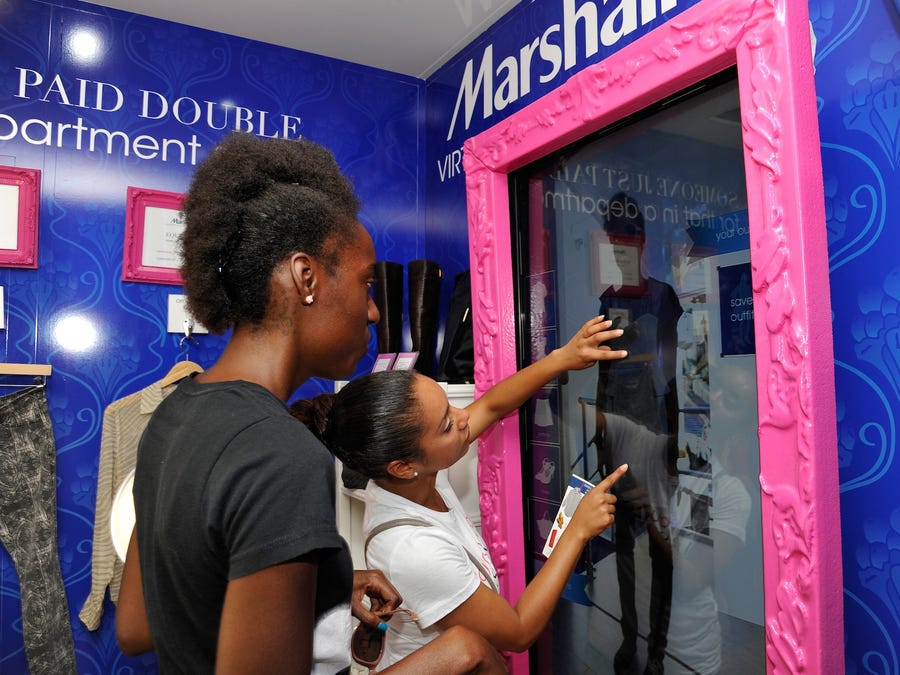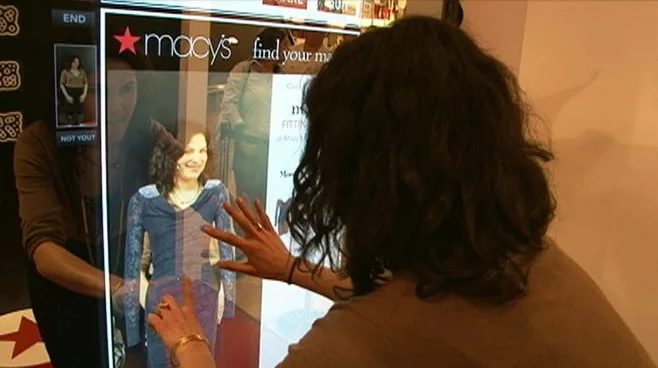
Interesting Reads. Industry news that you may have missed.
Ralph Lauren thinks people want to shop their Bitmoji – Vogue Business
Ralph Lauren and Snap teamed up to create the first-of-its-kind partnership, a branded mix-and-match wardrobe designed for Bitmoji. The collection includes 12 digital pieces that Snapchat users can shop for their Bitmoji in the Bitmoji app and Snapchat, and within a Ralph Lauren-branded store. The partnership will also include 3D Bitmoji Lenses that show users’ Bitmoji wearing a Ralph Lauren outfit.
Instagram launches Reels, its attempt to keep you off TikTok – The Verge
TikTok’s future is still uncertain, so Instagram is swooping in to try and attract some creators with its new ‘Reels’ feature. Reels is a direct competitor of TikTok and lets people create short-form videos set to music that can then be shared with friends and followers, and discovered when scrolling through the app. The feature has launched in more than 50 countries including, the US, UK, Japan, and Australia, both on iOS and Android.
Retailers like Macy’s, Adidas, and Modcloth are turning to virtual fitting rooms to let consumers ‘try on’ clothing before buying it online – Business Insider
Many retailers are testing out virtual reality tools, as fitting rooms are expecting to remain shut for the foreseeable future. Augmented and virtual technology features have become popular over the years, and many industry experts are latching on to these features to help further grow their company during the pandemic. Sephora and Ulta have adopted these tools to let customers try on makeup, and now Macy’s and Adidas are bringing these capabilities to their site.

How marketers can adjust to new consumer behaviors – Adweek
This year has caused significant changes among consumers and businesses – from COVID-19 to the Black Lives Matter movement. A recent study of the events taking place in the last six months showed amplified attention on brand values, product reliability, and alternate purchasing methods from consumers. In addition, brand familiarity is not enough to hold on to consumers; instead, they’re looking closely at businesses’ responses to COVID-19.






